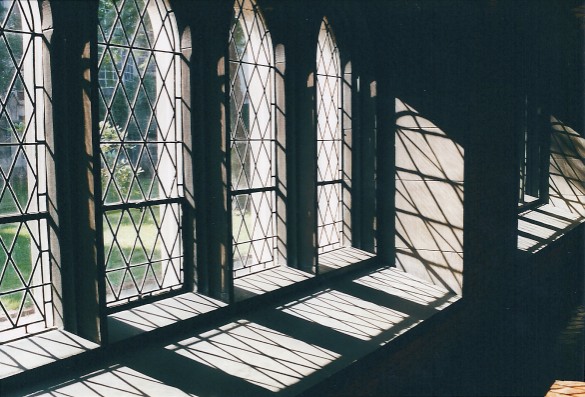Why Study Religion?
 Religion is a central component of human society, shaping politics, law, history, economics, science, the arts, and more. The religious traditions that thrive in the modern world have long and complex histories, and it is impossible to understand politics – both local and global – without an awareness of the dynamics of religious belief and practice.
Religion is a central component of human society, shaping politics, law, history, economics, science, the arts, and more. The religious traditions that thrive in the modern world have long and complex histories, and it is impossible to understand politics – both local and global – without an awareness of the dynamics of religious belief and practice.
Because of the complexity and importance of religious phenomena, the scholarly study of religion in the modern research university is inherently interdisciplinary. The faculty in our department are trained in an enormous variety of scholarly methods, including textual studies and literary theory, history, ethnography and other social sciences, law, philosophy and theology, archaeology, and critical cultural theory. With this breadth of training, our faculty is equipped to offer students a range of skills that are invaluable for the exploration of human history and culture.
The study of religion is also inherently multicultural. Religions move across the globe, changing over time and in new cultural contexts. They constantly interact, leading sometimes to great lessons in human cooperation, sometimes to enormous conflict, and sometimes to creative new adaptations. It is impossible to study religion without recognizing the enormous power of cultural difference, both the difference of the past from the present and also the range of cultural differences to be found in the contemporary world.
Finally, the study of religion provides an invaluable opportunity for exploring the ways in which human beings find meaning, purpose, and wonder in their lives. Religion is a key mechanism for the transmission of cultural memory and tradition, but it is also a site of profound human creativity. The study of religion offers an extraordinary window into how human beings give structure to their personal identities, their communities, and their understandings of the cosmos around them.
Students in our department receive training that equips them for an enormous variety of careers—in law, medicine, teaching, business, social service, journalism, politics, the arts, and more. We seek to foster students’ skills in critical thinking, close reading, and oral and written communication. At the same time we train our students in these concrete skills essential in a range of professions, we also want them to become well-informed citizens, with broad knowledge of the richness of human history and cultural diversity.
